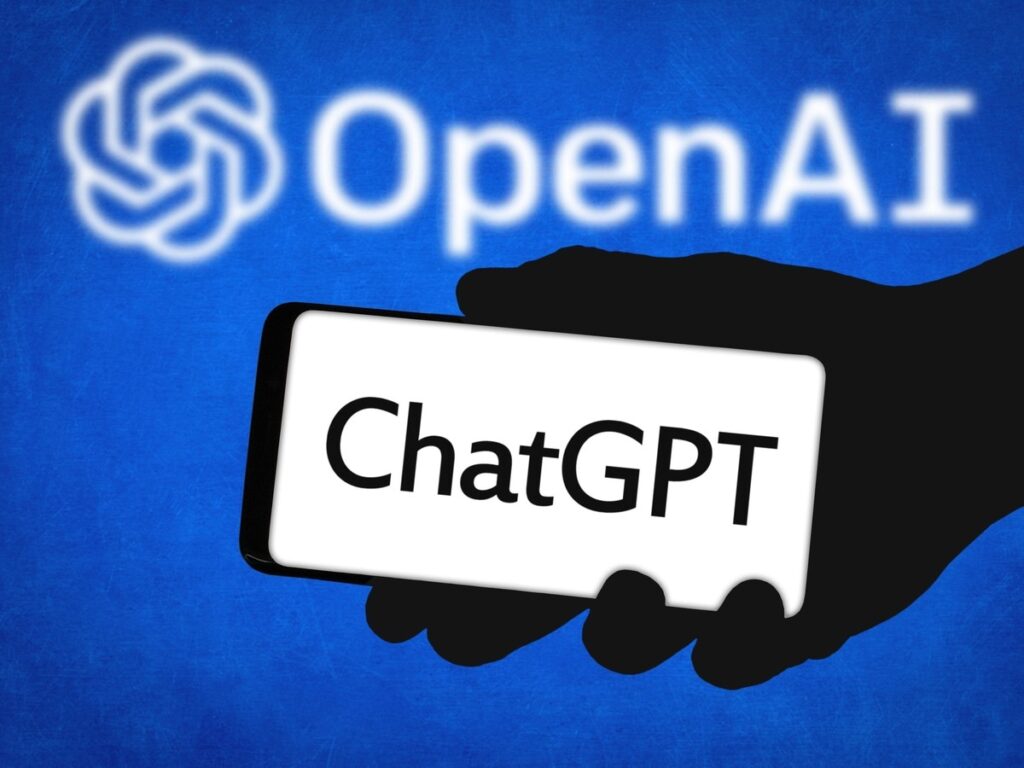In an era where artificial intelligence (AI) is becoming increasingly integrated into our daily lives, tools like ChatGPT have gained immense popularity for their efficiency and quick responses. However, while these technologies can be incredibly useful, relying on them without caution may lead to significant risks. Here, we will explore five critical things that you should never share with ChatGPT or other AI chatbots to ensure your safety and privacy.
1. Personal Identifiable Information (PII)
Personal Identifiable Information includes data that could be used to identify an individual, such as:
- Full name
- Address
- Phone number
- Email address
- Social Security number
Sharing such information can lead to identity theft or fraud. Always keep your PII confidential to protect yourself from potential harm.
2. Financial Information
When interacting with AI, it’s crucial to avoid disclosing any financial details, including:
- Bank account numbers
- Credit card information
- Investment details
- Password for financial accounts
Revealing financial information can lead to unauthorized access to your accounts and significant financial loss. Ensure that sensitive data remains private.
The Risks of Sharing Financial Information
| Type of Risk | Description |
|---|---|
| Identity Theft | Fraudsters can impersonate you to gain access to your accounts. |
| Fraudulent Transactions | Unauthorized purchases can deplete your financial resources. |
| Credit Damage | Identity theft can negatively affect your credit score. |
3. Passwords and Login Credentials
Confidential login information, including passwords for various accounts, should never be shared with AI chatbots. This information can be exploited to gain unauthorized access to your digital life. Always use secure password management tools to keep your credentials safe, rather than relying on AI systems.
4. Sensitive Work-Related Information
If you’re using ChatGPT for professional purposes, refrain from disclosing sensitive work-related information such as:
- Client details
- Company financial data
- Confidential project information
- Trade secrets
Exposing such details can result in competitive disadvantages or breaches of confidentiality agreements. Protect your organization’s integrity by keeping proprietary information private.
5. Health-Related Information
Personal health data is incredibly sensitive and should not be shared with AI platforms. This includes:
- Medical history
- Diagnosis
- Treatment details
- Medications
Sharing health information can lead to privacy violations and misuse of your medical data. If you need medical advice, consult a professional rather than relying on AI.
The Importance of Privacy
Understanding the boundaries of what to share with AI chatbots is critical in today’s digital landscape. As technology evolves, so do the tactics employed by those looking to exploit personal data. By maintaining your privacy and sharing only non-sensitive information, you can enjoy the benefits of AI while minimizing risks.
Conclusion
While ChatGPT and other AI chatbots can be valuable tools for enhancing productivity and providing assistance, it is essential to exercise caution when communicating with them. By refraining from sharing personal identifiable information, financial details, passwords, sensitive work-related information, and health data, you protect yourself from potential threats. Stay informed and vigilant to harness the power of AI safely and responsibly.
